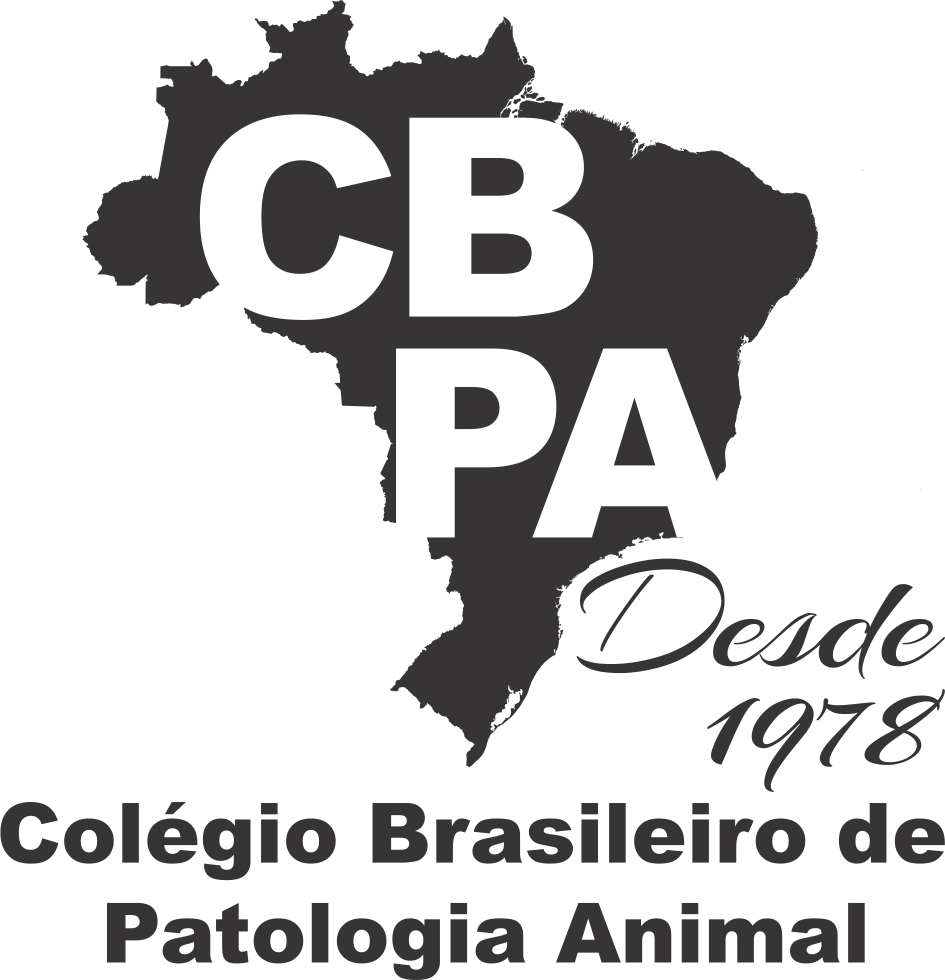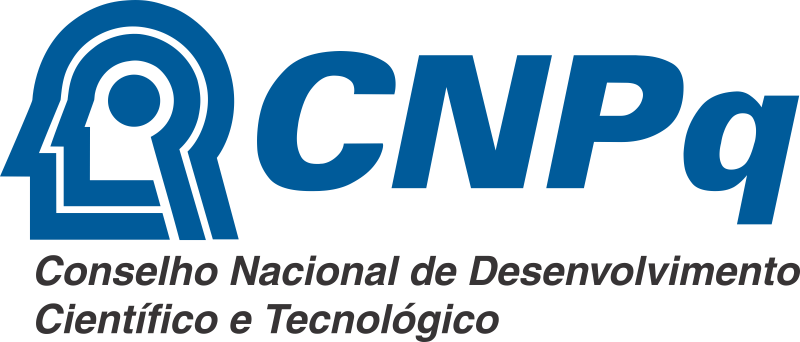Resultado da pesquisa (1)
Termo utilizado na pesquisa mionecroses
#1 - Clostridium perfringens α and β recombinant toxoids in equine immunization
Abstract in English:
Clostridium perfringens is considered one of the main causative agents of superacute enterocolitis, usually fatal in the equine species, due to the action of the β toxin, and is responsible for causing severe myonecrosis, by the action of the α toxin. The great importance of this agent in the equine economy is due to high mortality and lack of vaccines, which are the main form of prevention, which guarantee the immunization of this animal species. The aim of this study was to evaluate three different concentrations (100, 200 and 400µg) of C. perfringens α and β recombinant toxoids in equine immunization and to compare with a group vaccinated with a commercial toxoid. The commercial vaccine was not able to stimulate an immune response and the recombinant vaccine was able to induce satisfactory humoral immune response in vaccinated horses, proving to be an alternative prophylactic for C. perfringens infection.
Abstract in Portuguese:
Clostridium perfringens é considerado um dos principais agentes causadores de enterocolites superagudas, geralmente fatais na espécie equina, devido à ação da toxina β, além de ser responsável por causar quadros graves de mionecrose, pela ação da toxina α. A grande importância desses agentes na equinocultura, deve-se a elevada mortalidade e a inexistência de vacinas, principal forma de prevenção, que garantam a imunização dessa espécie animal. O objetivo deste trabalho foi avaliar três diferentes concentrações (100, 200 e 400µg) dos toxóides recombinantes α e β de C. perfringens na imunização de equinos, bem como comparar com um grupo vacinado com um toxóide comercial. A vacina comercial não se mostrou capaz de estimular uma resposta imune e a vacina recombinante foi capaz de induzir resposta imune humoral satisfatória em equinos vacinados, provando ser uma alternativa profilática para infecção por C. Perfringens.








